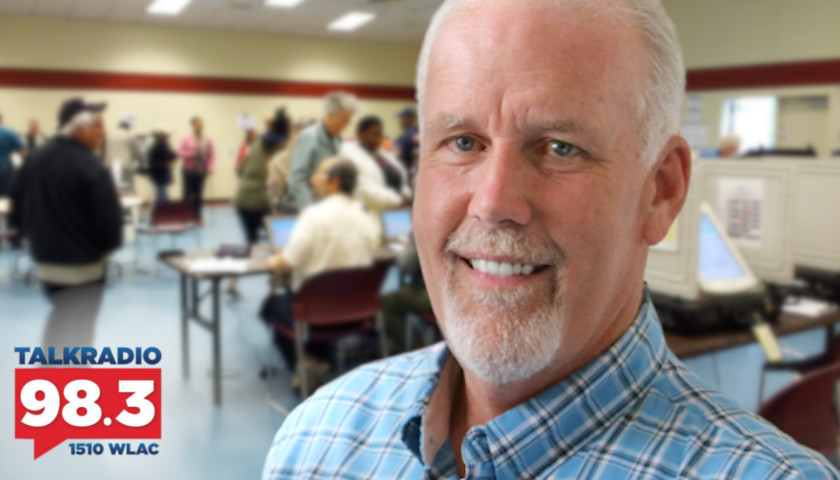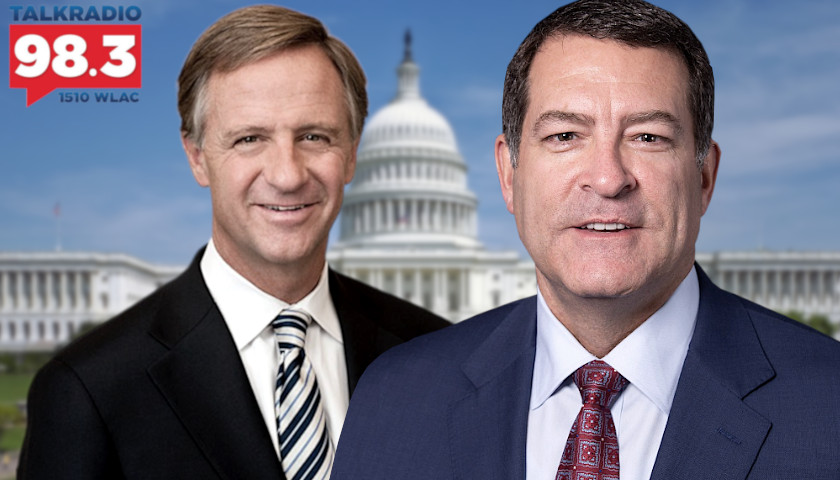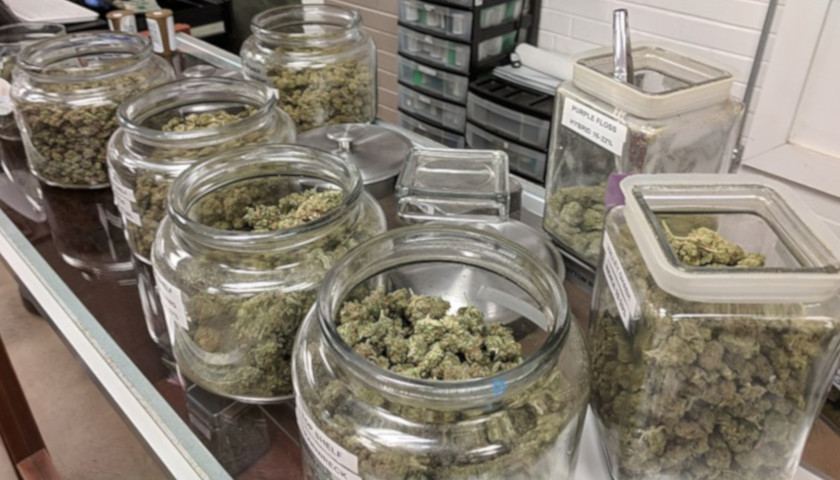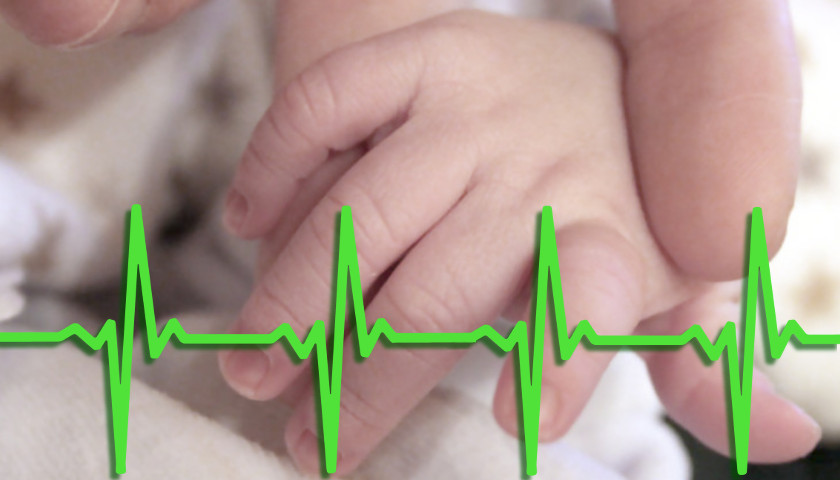Thursday morning on The Tennessee Star Report, host Leahy welcomed all-star panelist Clint Brewer in studio to comment upon recent Triton polling for the Mayoral race in Rutherford County, Tennessee.
Read the full storyTag: Triton Polling
Tennessee Star Poll Shows Haslam Leads Green by 9 Statewide Among GOP Primary Voters in U.S. Senate Matchup, But Green Has Lead in Middle Tennessee
On Friday’s Tennessee Star Report with Steve Gill and Michael Patrick Leahy – broadcast on Nashville’s Talk Radio 98.3 and 1510 WLAC weekdays from 5:00 am to 8:00 am – the duo dissected the recent Tennessee Star Triton poll numbers which show former Gov. Bill Haslam leads Rep. Mark Green (R-TN-07) by 9 points statewide among likely GOP primary voters in a potential 2020 Republican U.S. Senate primary matchup. Green, however, leads Haslam in the three Middle Tennessee Congressional districts. Here is the transcript of that discussion: Gill: We’ve been talking a little bit about the Tennessee Star Triton poll that we did over the last week. Friday through Monday. A thousand three likely Republican primary voters were polled. And the reason that we polled frankly likely Republicans is whether you are looking at issues that will be moved through or blocked in the state legislature. The Republicans have super majorities in the state House and the state Senate. What’s going to move those legislators to have concerns is going to be what do Republican primary voters think because that’s the only way most of these guys and ladies could get beat. Also when you look at the political reality…
Read the full storyTennessee Star Poll: Will Tennessee Go to Pot?
A new Tennessee Star poll reveals that support for legalizing medical marijuana in Tennessee has significant support among likely GOP Primary voters. The poll asked whether voters would be more or less likely to vote for a candidate who supports legalizing the distribution and sale of marijuana in Tennessee if strictly limited to prescribed medical use only. 42.9% indicated that they would be MORE likely to vote for a candidate supporting legalizing medical marijuana; 35.2% would be LESS likely; and 21.9% indicated that it would make no difference or that they didn’t know. The Triton Polling survey was conducted over four days (April 13-16) and polled 1003 likely Republican Party primary voters statewide. It has a margin of error of 3.1%. Bills in the House and Senate that would have legalized sale and distribution of medical marijuana were pulled by sponsors after it was clear they lacked the votes to emerge from key committees. Law enforcement officials adamantly opposed the legislation and the sponsors were unable to overcome skepticism due to the advocacy of the legislation by proponents of recreational marijuana legalization. Tennessee Star Political Editor Steve Gill notes that the Triton Poll shows that support for legalization of medical…
Read the full storyTennessee Star Poll: Opposition to Heartbeat Bill May Be Career-Ending Vote for State Senate Republicans
As State Senators prepare to cast a vote on whether to bring the Heartbeat Bill (SB1236) to the Senate floor under a Rule 63 motion, and whether to support it in a final vote, a new Tennessee Star poll may bring clarity to the issue. The Triton Polling survey was conducted over four days (April 13-16) and polled 1003 likely Republican Party primary voters statewide. It has a margin of error of 3.1 percent. The poll asked: The Tennessee Legislature recently failed to pass legislation called the Heartbeat Bill that would have provided legal protection for unborn babies once a heartbeat is detected, normally 6-8 weeks into pregnancy, and severely limited the opportunity for an abortion after that point. Would you be more or less likely to vote for a candidate who opposed or failed to support the Heartbeat Bill? 21.2 percent of responders said they would be MORE likely to support a candidate who OPPOSED the Heartbeat Bill; 65.5 percent would be LESS likely to support a candidate who OPPOSED the Heartbeat Bill; 5 percent said it would make no difference and 8.2 percent were not sure or didn’t know how it might impact their vote. The House version…
Read the full story



